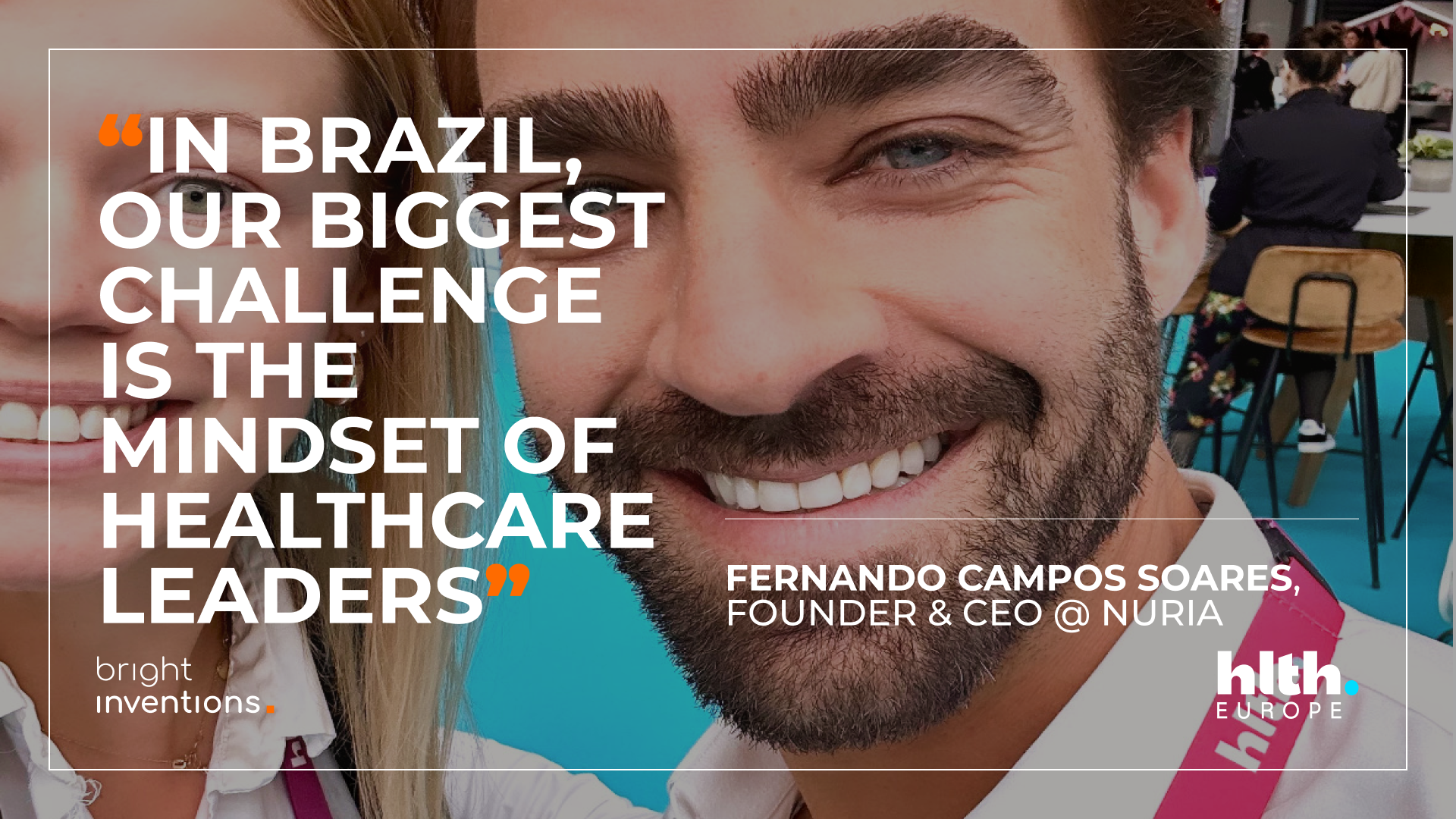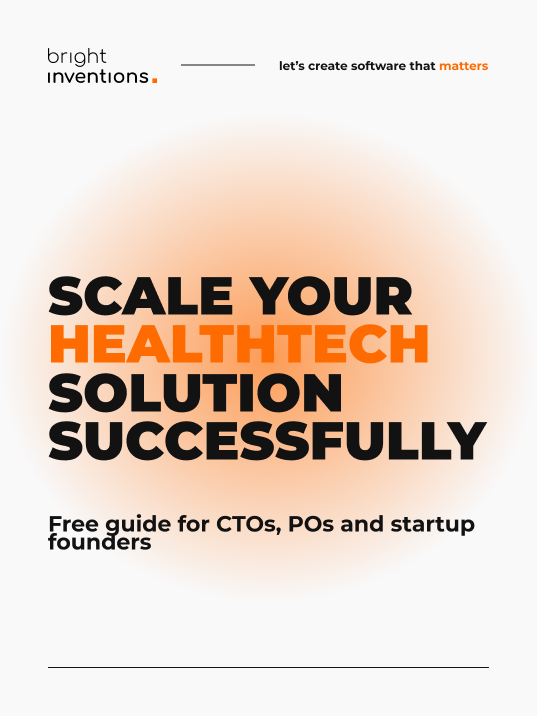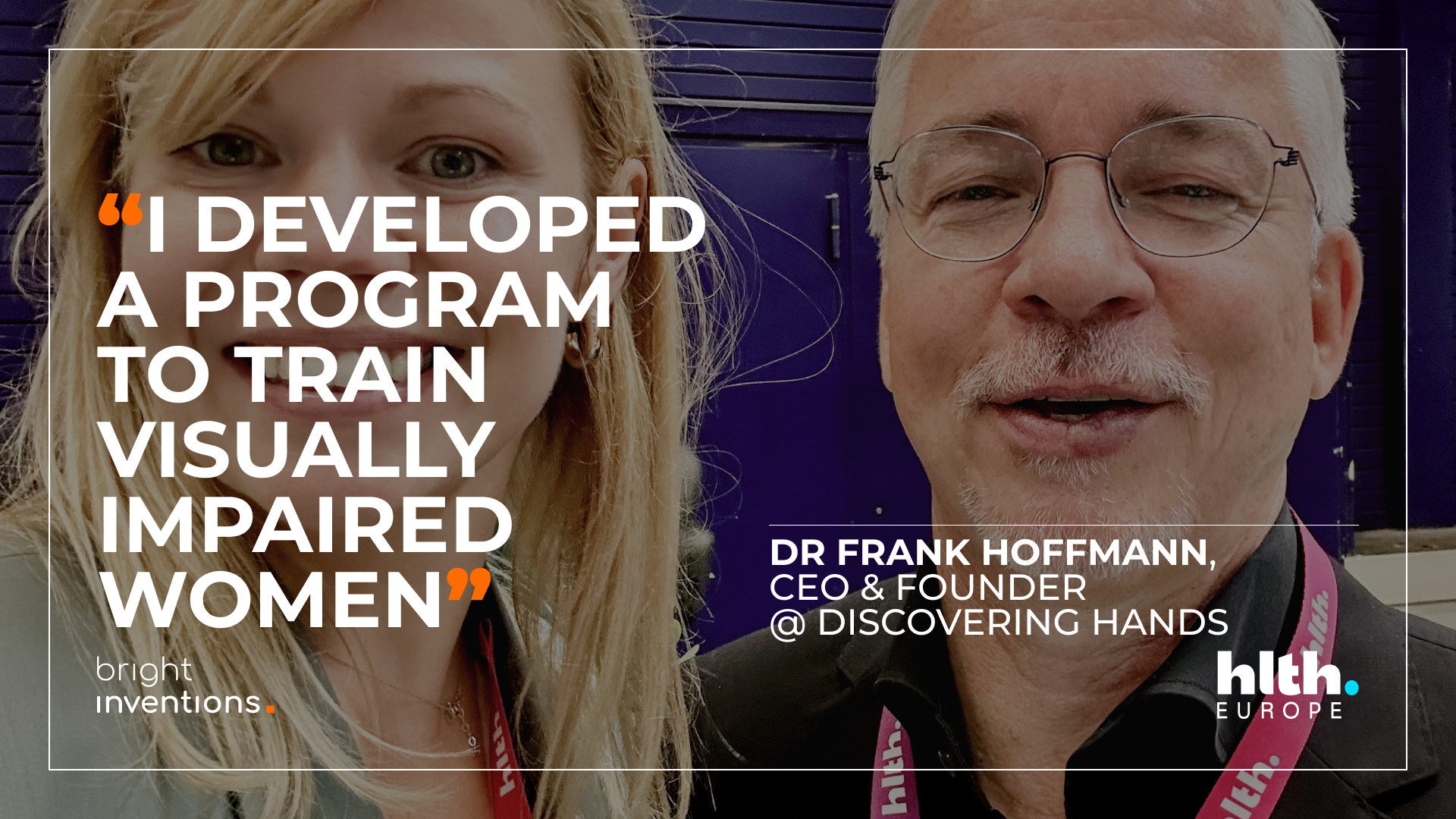Top Challenges and Opportunities in Digital Health – Experts Insights Shared at the HLTH Conference
At the recent HLTH Conference in Amsterdam, industry leaders and experts gathered to discuss the most pressing challenges and exciting opportunities in digital health innovation. From technological readiness and regulatory hurdles to the transformative potential of AI and preventive healthcare, the conversations highlighted the fast-evolving landscape of digital health and medtech. Check out the insights shared at the conference to understand the current state and the future of healthcare innovation.
Top Challenges

1. Technological advancements vs. readiness of healthcare systems
The challenge is not the technology but the readiness to embrace and implement it, especially in healthcare, where things are still quite archaic. There are places that still use fax machines and lots of paper-pushing. There are silos and fragmentation in processes and administration.
2. Importance of cultural change and mindset shifts
When discussing data, interoperability, data quality, unstructured data, and structured data, challenges abound. In Brazil, our biggest challenge is the mindset of healthcare leaders. Patients often need to opt in to share their data for better outcomes, and regulatory bodies and healthcare providers can be resistant to data exchange.
3. Regulatory and market understanding
The regulatory space is another challenge. Having FDA approval is not enough—you also need CMS and Medicaid approval to pay for your product or device. Without this, your product or service won't be implemented or used in the US.
4. Interoperability
One of the biggest challenges in the US is our disparate electronic healthcare systems (EHRs). Every hospital has a different system. Even though there are major EHR vendors with large market portions, communication between vendors can be challenging.
5. Ensuring Data Privacy and Security
Anonymous Mode in Flo allows users to use the app without any identifiable information being linked to their account, such as their NAME or email address. It was already in development when the US Supreme Court ruled to overturn Roe v. Wade, but in the wake of that ruling, some users expressed concerns about how their health data might be used by third parties, such as official requests for apps like Flo to share pregnancy data with law enforcement. We believe our users should feel in control and secure when using our app, so we launched Anonymous Mode right away.
almost 100 pages about scaling HealthTech

Top Opportunities

1. AI and biomarkers as a digital health tool
Another theme I'm passionate about is understanding conditions and populations we've never been able to before, addressing huge inequities in healthcare, and developing so much more understanding through digital health and AI. It’s about focusing on things that get overlooked because there's no immediate financial incentive, and that's where the startup sector shines.
We think that generative AI, large language models are not good enough yet to independently provide this (mental health treatment). But as a tool, as a co-pilot tool to steer, to help human therapists, I think it's a fantastic tool.
I believe we will continue the trend of more generalization in AI. We will see more integration of different data sources and more comprehensive models that can draw general conclusions from diverse information. This will be particularly important in healthcare, where integrating historical patient data, environmental data, and other sources will be crucial for effective diagnostics and treatment.
2. Patient engagement and experience
Our solution is modular, with five modules that hospitals, clinics, and labs can buy from us and offer to their patients to better their digital journey. The second focus is an integration and interoperability platform. This involves data exchange between hospitals, clinics, labs, and other healthcare solutions, health techs, payers, the pharma industry, and distributors. Essentially, any player in healthcare that needs to automate a service or product, we connect them.
3. Focusing on preventive healthcare
My favorite trend is preventive healthcare. We are working on this at Smarter Diagnostics because we believe it is the future of healthcare. The term 'healthcare' is misleading because it often deals with diseases rather than health. We need to change this paradigm to truly focus on health.
4. Innovative collaboration and ecosystem development
The ability to pull together different stakeholders from various industries with a common goal of improving health is a significant strength. We're tackling issues like the price of innovation, the implications of price on the healthcare workforce, and the future of the healthcare workforce.
5. Empowering the disabled
I developed a program to train visually impaired women. Nowadays, we run a social enterprise called Discovering Hands. Discovering Hands trains these women, who are the perfect tactile examiners. We also have scientific research on the results of their examinations. They find tumor sizes between six and eight millimeters. We, as doctors, find tumors between one and two centimeters. That makes a big difference because it's not the tumor inside the breast that is the killer; it's always the metastasizing cells sent out from there into the body. If you find it at the earliest possible stage, you will have a cure. In other cases, maybe not.
As we steer towards the future of digital health, the insights from these experts light the path forward.
By addressing the challenges and seizing the opportunities, we can transform healthcare into a more efficient, inclusive, and innovative field. The question remains: are we ready to embrace the change and drive the future of healthtech? The journey ahead requires not only technological advancements but also a collective effort to reshape our approach to healthcare, ensuring better outcomes for all.
